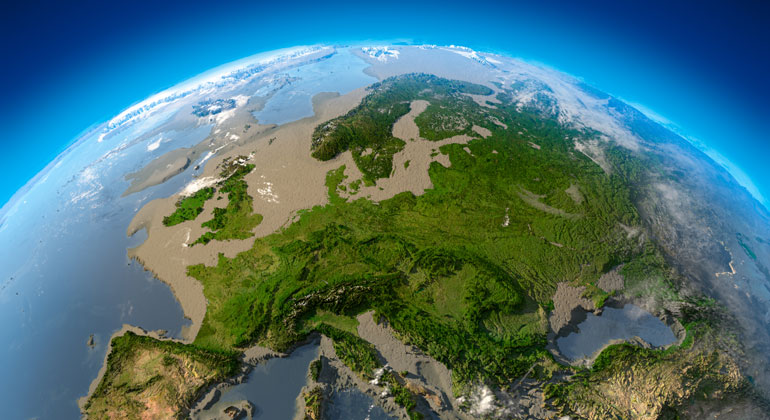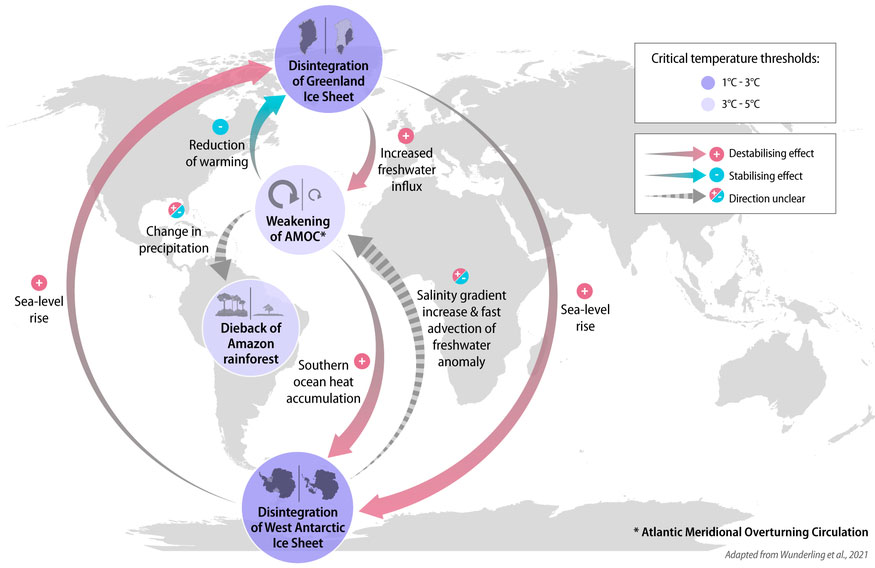10 New Insights in Climate Science 2021
As compounding impacts from our worsening climate crisis become more visible around the globe, leading researchers at COP26 highlight urgent and interconnected risks and solutions. The 10 New Insights in Climate Science series is a horizon scan of the most pressing research findings and emerging scientific insights to help inform immediate and equitable transformations across sectors to preserve a safe and habitable planet.
This year’s top insights:
- Stabilizing at 1.5°C warming is still possible, but immediate and drastic global action is required.
- Rapid growth in methane and nitrous oxide emissions put us on track for 2.7°C warming.
- Megafires – climate change forces fire extremes to reach new dimensions with extreme impacts.
- Climate tipping elements incur high-impact risks.
- Global climate action must be just.
- Supporting household behaviour changes is a crucial but often overlooked opportunity for climate action.
- Political challenges impede the effectiveness of carbon pricing.
- Nature-based solutions are critical for the pathway to Paris – but look at the fine print.
- Building resilience of marine ecosystems is achievable by climate-adapted conservation and management, and global stewardship.
- Costs of climate change mitigation can be justified by the multiple immediate benefits to the health of humans and nature.
“Science is clear, exceeding 1.5°C of global warming poses major challenges for humans and societies around the world, and raises the risks of crossing critical tipping points that regulate the state of the climate system”, says Prof. Johan Rockström, Director of the Potsdam Institute for Climate Impact Research and Co-Chair of the Earth League. “We do not know exactly at what temperature rise tipping elements shift from dampening to self-reinforcing global warming, but it is increasingly clear that we must stay as far away as possible from 2°C. This makes tipping elements like the Greenland ice sheet and our large forest systems, our new global commons, which need to be governed by the world community, to secure our future on Earth.”
Find the full report here.









